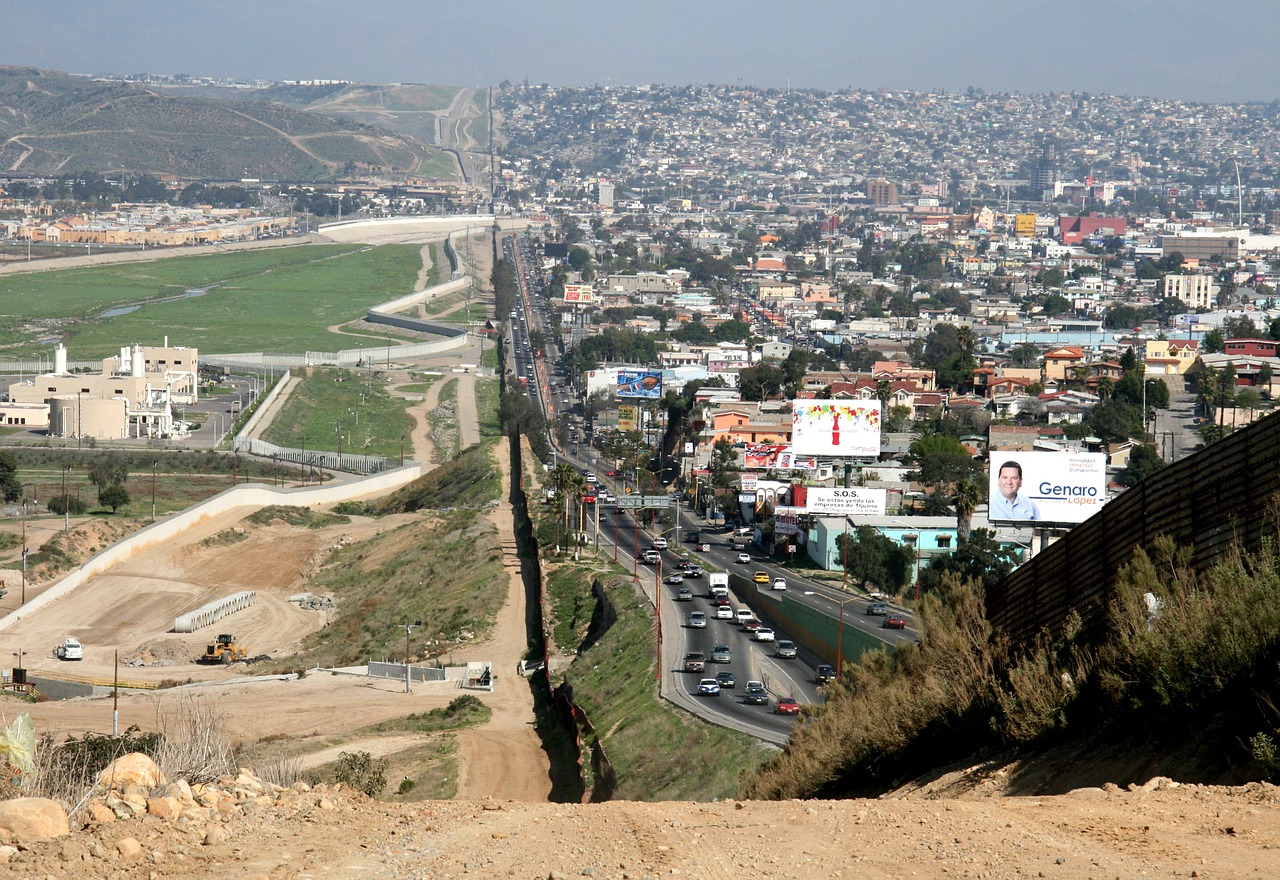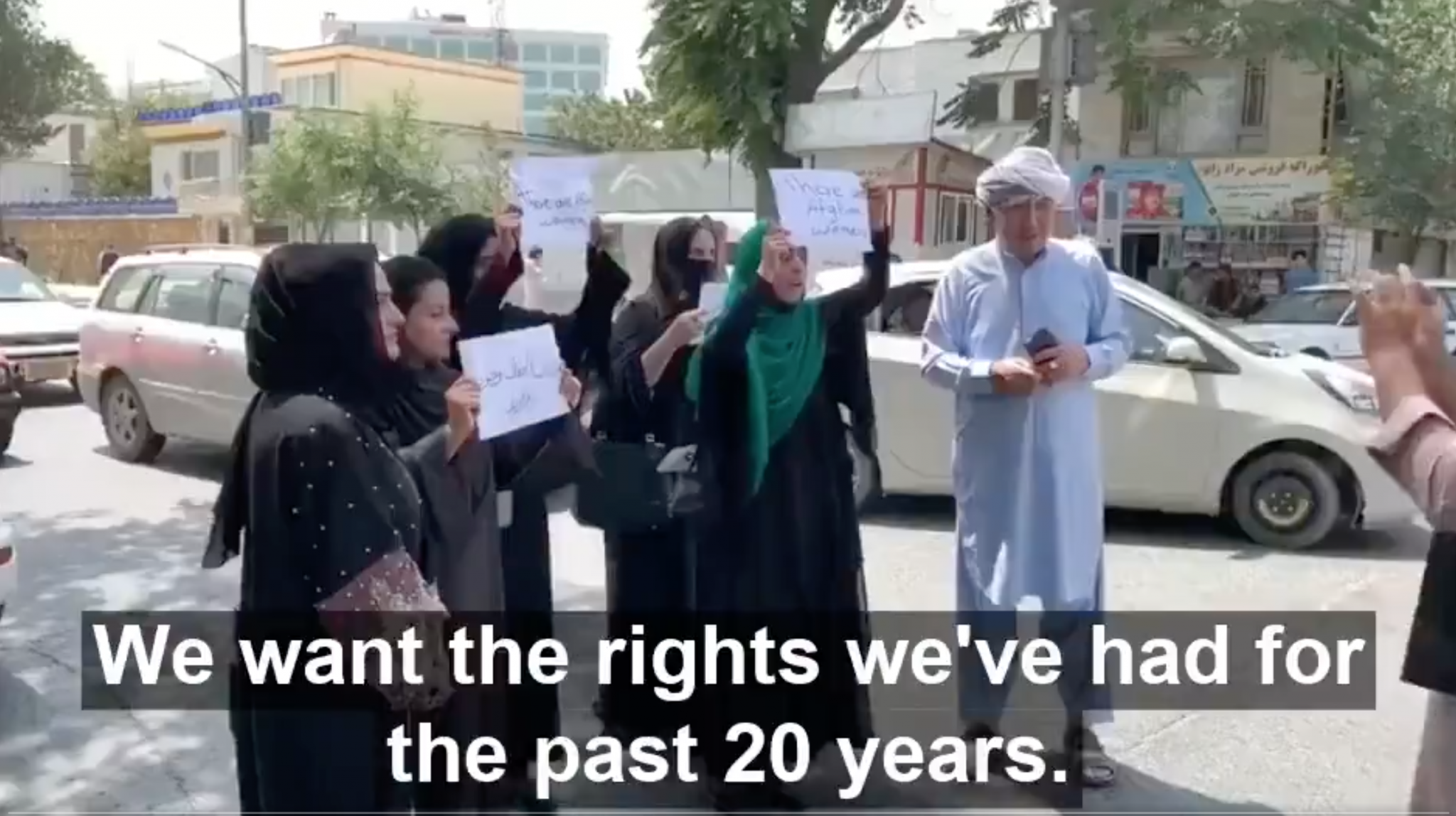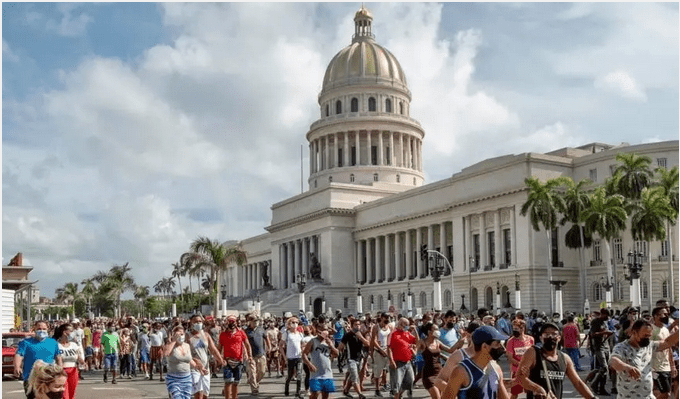
Podcast: antivax is fascist II
In Episode 103 of the CounterVortex podcast, Bill Weinberg, still suffering from possible COVID-19 symptoms, again notes how the radical right, including neo-Nazi elements, is in the vanguard of anti-vax protests, from Germany to Romania to England to Brooklyn. A virtual industry churns out relentless online disinformation that is easily refuted by anyone who makes the effort to break out of the confirmation-bias bubble. Contrary to the conspiranoid propaganda, COVID-19 deaths are actually being underestimated. The juvenile Nazi-baiting of the anti-vax machine is another example of the propaganda device of fascist pseudo-anti-fascism. Meanwhile, Tuskegee experiment survivors are encouraging vaccinations, and the Peoples Vaccine Alliance protests the actual crimes of Big Pharma—failing to make the vaccine available to Africa and the much of the Global South, in what has been decried as “vaccine apartheid.” Listen on SoundCloud or via Patreon. (Photo via Twitter)













